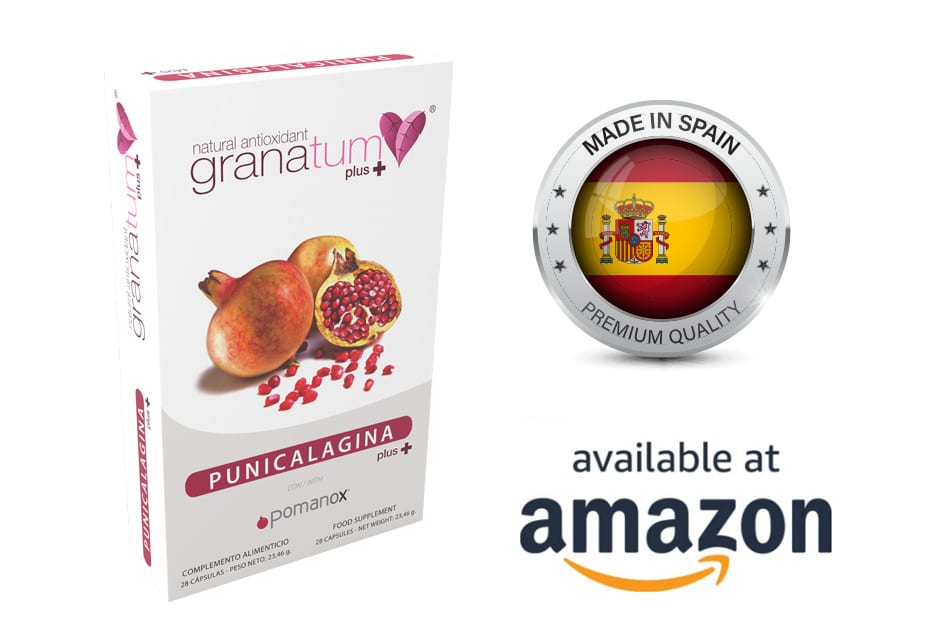
Gentamicin (GM) is widely used in treatment of severe negative-gram infections. However, clinical administration of GM is accompanied with nephrotoxicity. GM leads to acute failure in kidney function, which is detected by lower glomerular filtration rate (GFR) and renal blood flow (RBF), increasing serum creatinine (Cr) and blood urea nitrogen (BUN), and tubular necrosis.
Generation of reactive oxygen species (ROS) and membrane lipid peroxidation involve in nephrotoxicity.
Studies have demonstrated that various compounds such as garlic, combination of vitamin E and selenium, and melatonin decrease GM-induced renal injury. This is while herbal extracts could be used in therapeutic approaches. Pomegranate (Punica granatum) has antimicrobial, antioxidant, and anti-inflammatory properties and can decrease the blood pressure.
The advantageous properties of pomegranate on liver and kidney functions have been reported. Also, pomegranate extract could ameliorate the oxidative and histopathological damage induced by renal ischemia-reperfusion injury. This study was conducted to evaluate the effect of pomegranate flower extract on GM-induced nephrotoxicity in rats.
RESEARCH TITLE: Protective effect of pomegranate flower extract against gentamicin-induced renal toxicity in male rats
COUNTRIES: Iran
CONDUCTED BY: Isfahan University of Medical Sciences
PUBLISHED ON: Journal of Renal Injury Prevention
RESEACH:
Introduction:Gentamicin (GM) as an antibiotic is used in clinic. However, its administration is limited by side effects such as nephrotoxicity. Herbal extracts could be used in therapeutic approaches.
Objectives:The present study was planned to investigate whether pomegranate flower extract (PFE) could ameliorate GM-induced renal toxicity in male rats.
Materials and Methods:Twenty eight male Wistar rats were divided into 5 groups. Groups 1 and 2 respectively received pomegranate flower extract 25 and 50 mg/kg for 9 days. Groups 3, 4 and 5 received saline, pomegranate flower extract 25 mg/kg, and pomegranate flower extract 50 mg/kg for 9 days, respectively, and GM (100 mg/kg/day) was administered from day 3 on. Blood samples were obtained, and after sacrificing the animals, the kidneys were removed for histopathology investigations.
Results:GM alone increased the serum levels of creatinine (Cr) and blood urea nitrogen (BUN), and tissue damage and kidney weight (P< 0.05). However, administration of low dose of pomegranate flower extract accompanied with GM decreased these markers significantly (P< 0.05). Low dose of PFE also ameliorated weight loss induced by GM (P< 0.05).
Conclusion:It is concluded that pomegranate flower extract 25 mg/kg is the effective dose to ameliorate nephrotoxicity induced by GM.
YEAR: 2015
